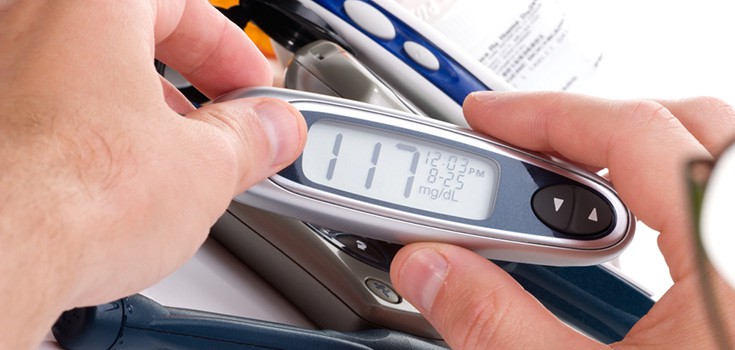Exposure to Pesticides, Pollutants Linked to Increased Diabetes Risk

According to a study conducted with elderly adults from Swedish, pesticides and other pollutants found in the blood may actually cause bodily changes that lead to diabetes. Researchers are careful, however, to note that this is not necessarily a causal relationship.
The pollutants found in the study included pesticides and polychlorinated biphenyls (PCBs) that can be found in fatty fish and meat. Although PCBs have been widely used in plastics, paint, and in the production of equipment like transformers and electric motors, the U.S., along with many other nations, have banned the production of PCBs due to a link to cancer. However, exposure to PCBs is still relevant today, and are even prevalent in our food supply.
The Swedish study followed 725 diabetes-fee elderly adults for five years. Within the five year time period, 36 participants developed type 2 diabetes. When risk factors such as weight, smoking and exercise were accounted for, people who had elevated levels of PCB’s in their blood were 9 times more likely to develop diabetes. Although the results were not outstanding, they do add to an increasing volume of research that has found similar connections.
The study authors insulin-secreting cells found in the pancreas are negatively affected when exposed to environmental pollutants over a long period of time, and therefore regulation of blood sugar is thrown out of whack.
According to the National Institutes of Health, over 8% of Americans have diabetes, the majority being type 2. Lack of exercise, poor diet choices, high blood pressure and large waistlines are well-known risk factors. People who are obese may very well be eating more of the fatty meat that is tainted with chemicals, and they also store more hazardous chemicals in their own body fat.
Dealing with Diabetes
The strategy for combating insulin resistance and type 2 diabetes includes increasing exercise and adding healthy plant-based foods to the diet. Both of these changes will help regulate blood sugar and aid the body in getting rid of dangerous chemicals. In terms of environmental pollutants and reducing diabetes risk, anything that helps detoxify the body will lower your risk, such as sweating, drinking plenty of purified water, performing various cleanses, and consuming plenty of cleansing and healing foods.
Additional Sources:
